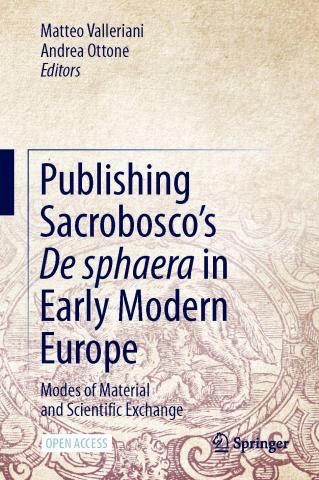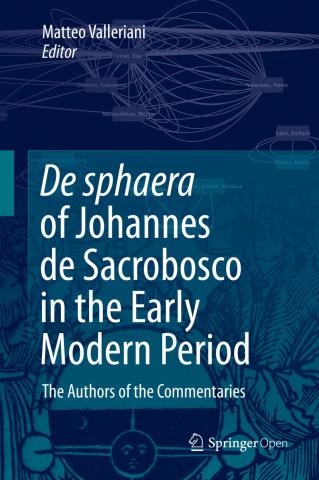- Interview
- Sep 27, 2022
- 00:10:40
How Does the Homogenization of Scientific Knowledge Occur?
A student of mathematics at university is likely to encounter very similar material in the early years whether they enroll in Berlin, Beijing or Boston. In this video, Matteo Valleriani asks how this homogenization of scientific knowledge occurs. Looking at various aspects of mathematical study at universities between the 12th and 17th centuries, Valleriani’s work combines history, philosophy and computer science in the frame of an emerging discipline known as computational history.
Copyrights
© Matteo Valleriani & Latest Thinking
This work is licensed under CC-BY 4.0


